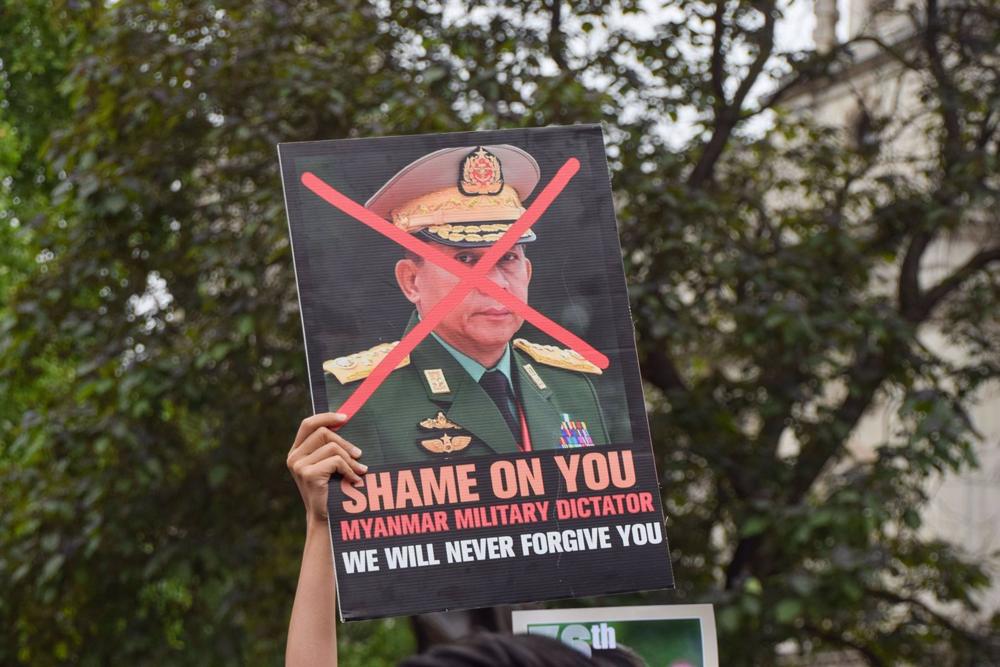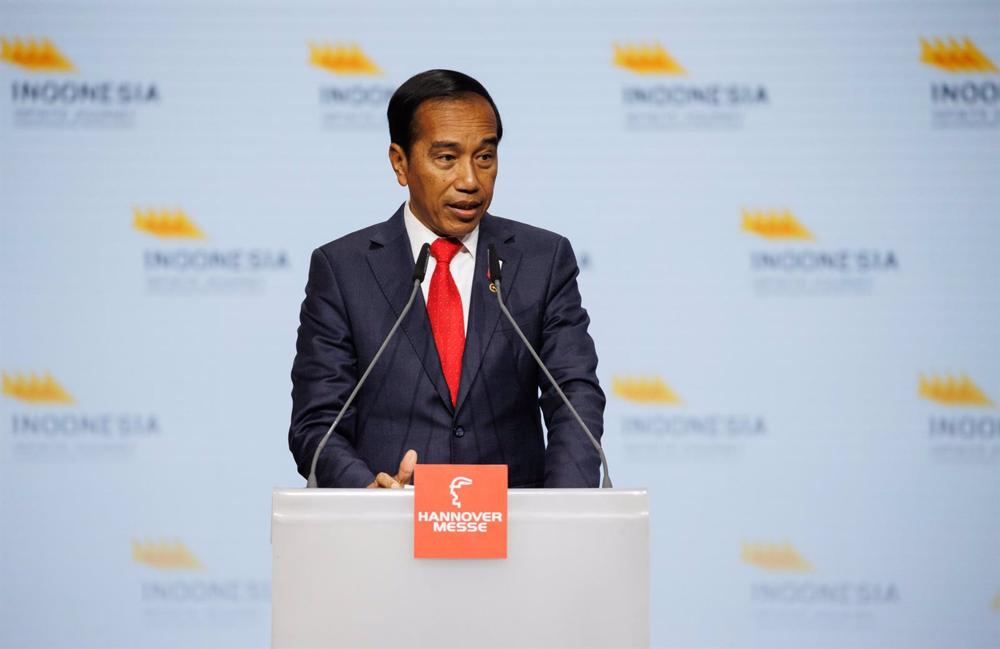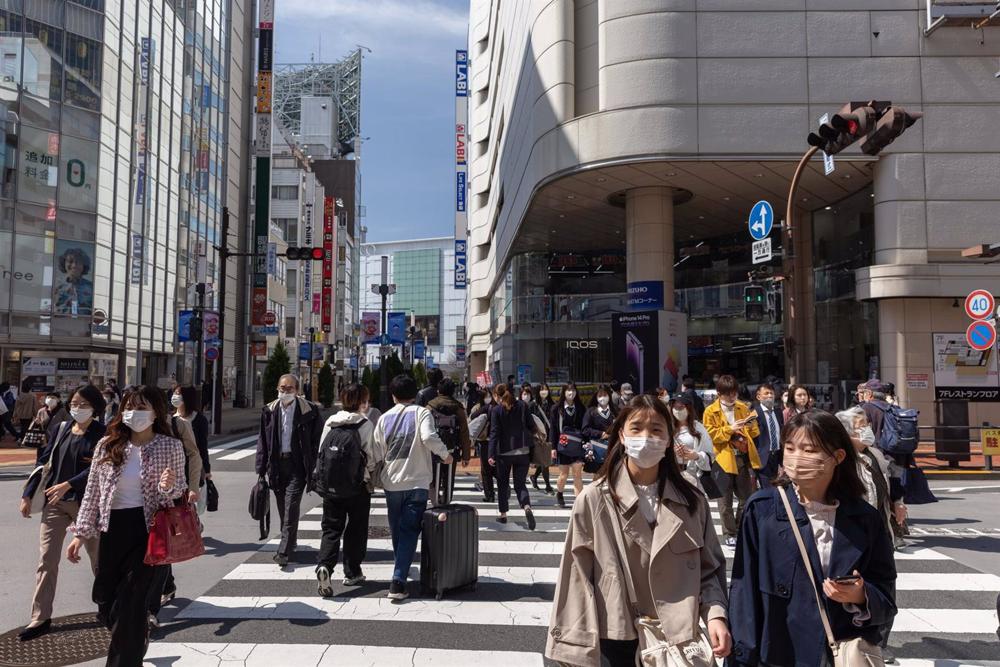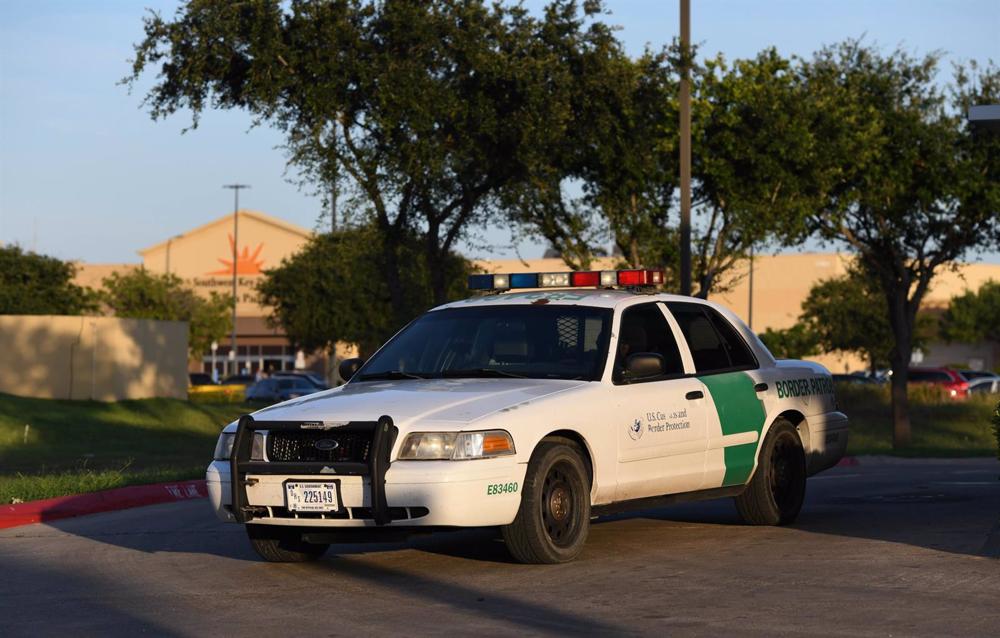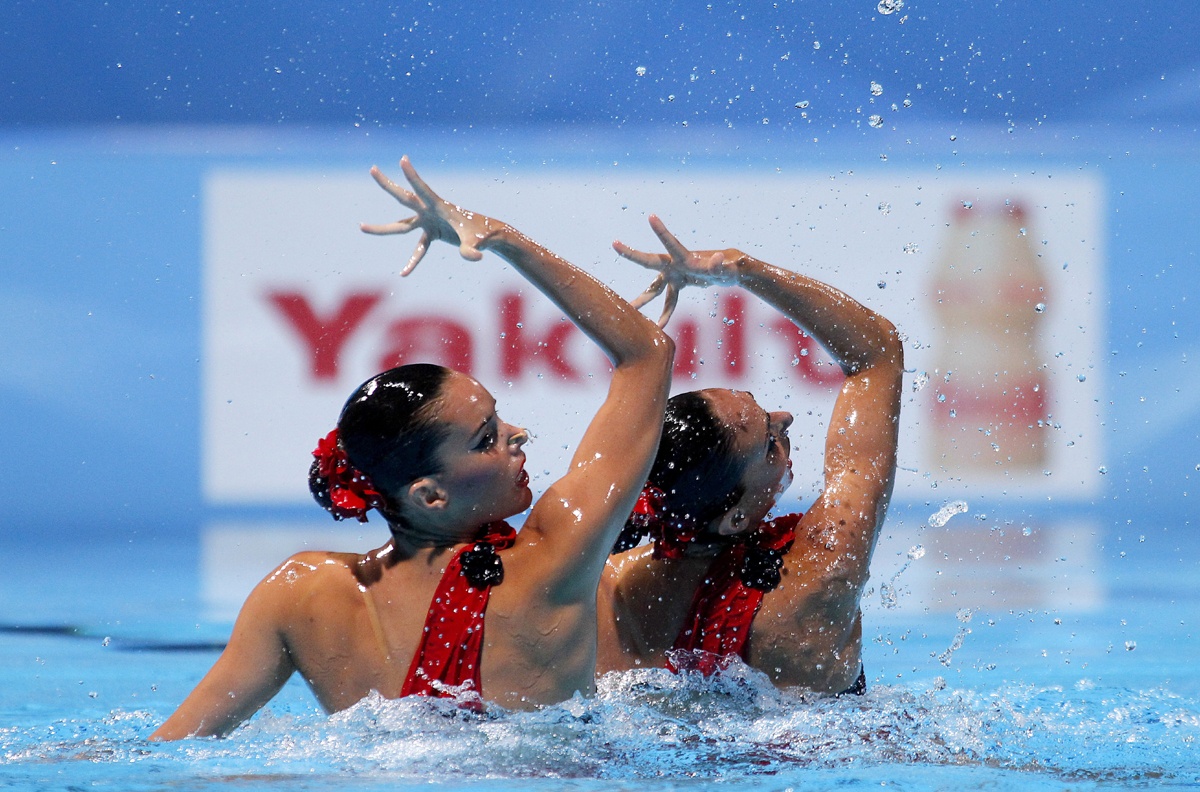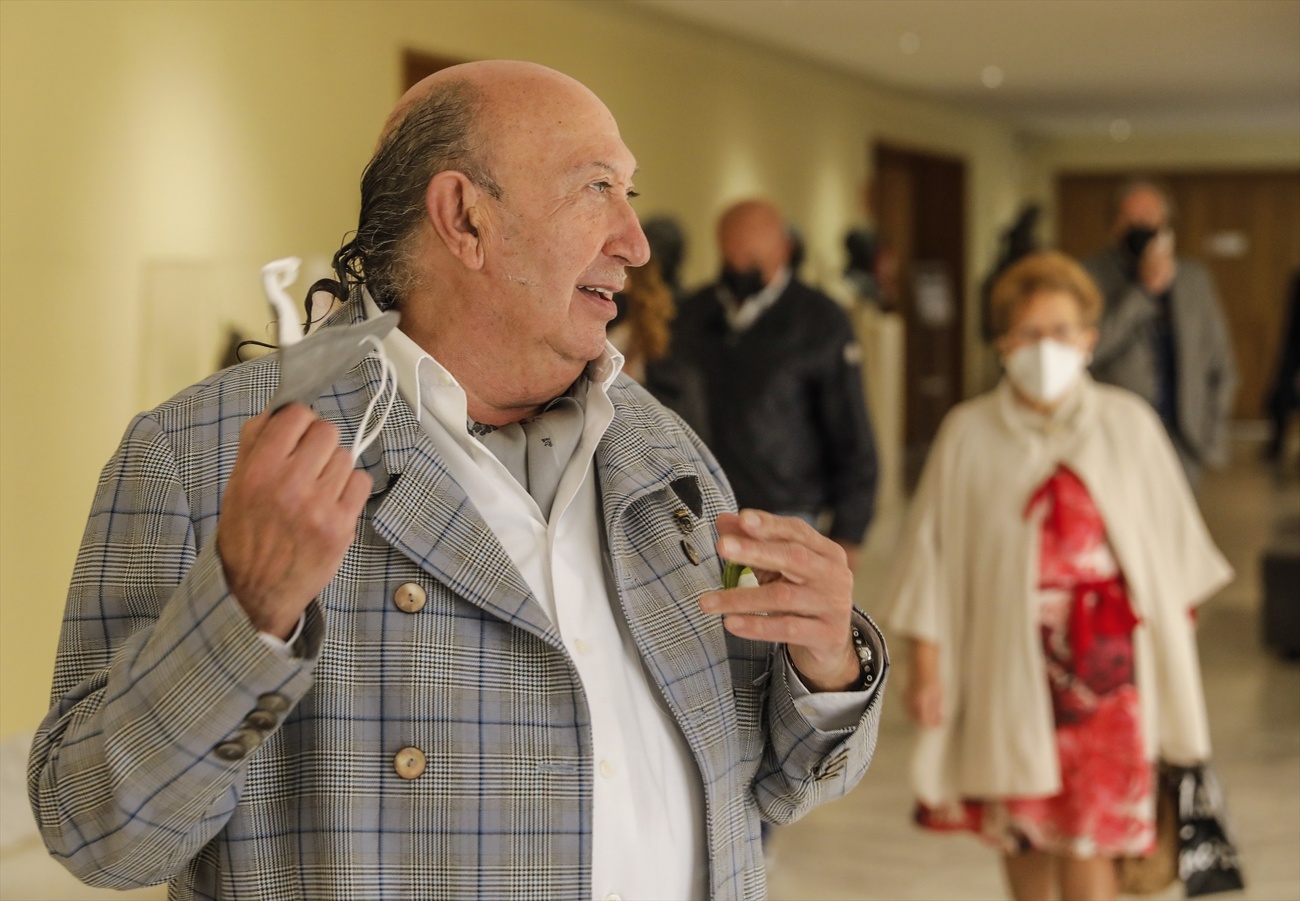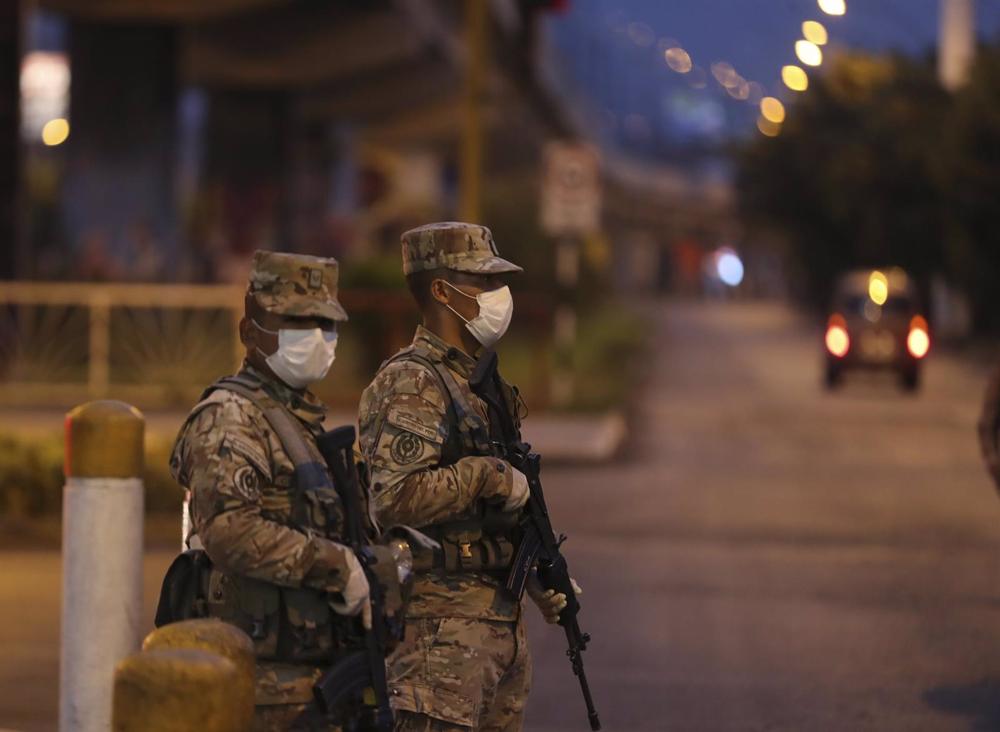
The Government of Peru has issued a decree officially declaring a 30-day state of emergency throughout the country in view of the clashes that are taking place throughout Peru following the removal and arrest of former President Pedro Castillo.
The decree, published in El Peruano, the official government gazette, states that the state of emergency provides for the suspension of the rights of assembly, inviolability of domicile, freedom of transit, and personal freedom and security.
However, the decree makes no mention of a curfew as announced hours earlier by the Minister of Defense, Alberto Otárola, at the Government Palace, as reported by RPP radio station.
Peruvian President Dina Boluarte had announced the state of national emergency due to the political crisis facing the country after Castillo announced on December 7 the dissolution of Congress and the establishment of a government of exception.
So far, this declaration was only active in the provinces of Apurimac, Arequipa and Ica, although it has been decided to extend it to the whole country as protests calling for the dissolution of Congress and the calling of new elections have increased.
Meanwhile, the Executive has declared an emergency in the National Road Network, allowing the Army to take to the streets in an effort to protect the country’s strategic points, including airports, hydroelectric plants and other key infrastructure, such as highways.
THE GOVERNMENT CLARIFIES THE LIMITS OF THE STATE OF EMERGENCY Peru’s Prime Minister, Pedro Angulo, has clarified in an interview with RPP that the curfew «will only be situational and will be applied in specific cases».
«The curfew is going to be situational, it is circumscribed there where it is necessary. For example, if there is an airport that is taken over, a curfew will definitely be declared there and in order to recover it and put it at the service of the citizens, that will mean that the Army will enter», said Angulo.
Furthermore, the Peruvian ‘premier’ has specified that the state of emergency will not prohibit people to gather as a general rule, and that it will be the Police who, according to their criteria, will determine limits to the meetings if it is «strictly necessary».
In this sense, the Peruvian Minister of Defense, Alberto Otárola, has sent a message of tranquility to the country’s population, arguing that basic rights are not limited.
«The state of national emergency decreed today does not prevent the holding of events, meetings, parties, concerts or commercial activities. The country must move forward, especially because thousands of enterprising families are counting on the income from the Christmas campaign,» he said in a message on the social network Twitter.
«The measures currently being taken seek to maintain internal order and guarantee security for thousands of families. The Peruvian Police is stationed at strategic points and has the support of our Armed Forces,» he added.
